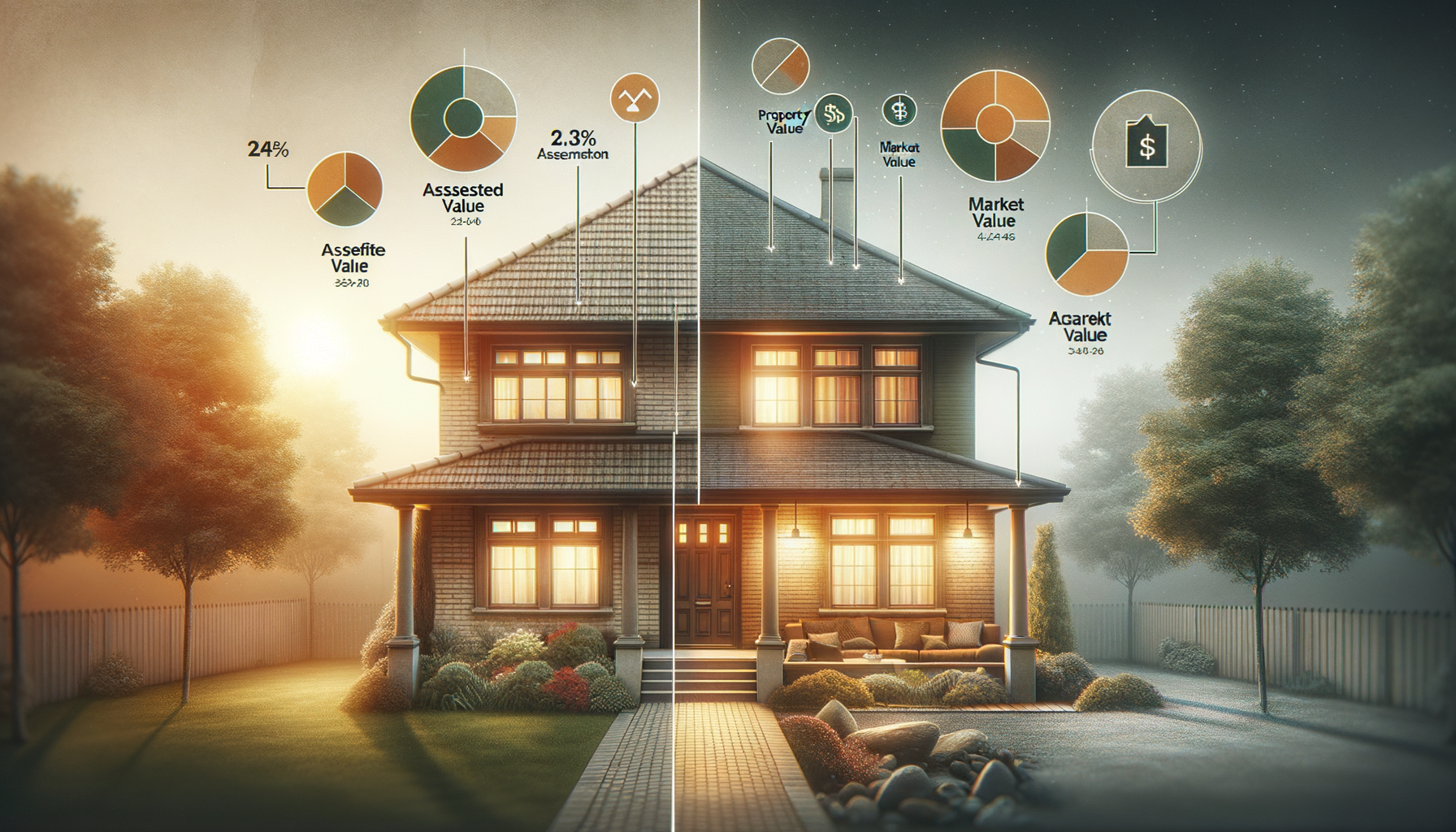Assessed vs. Market Value: Understanding Your Property’s Worth

Understanding Assessed Value vs. Market Value
When navigating the world of real estate, two key terms often come up: assessed value and market value. Understanding the difference between these can help homeowners make informed decisions.
What is Assessed Value?
The assessed value is determined by your local government for tax purposes. It reflects the estimated worth of your property based on various factors like location, size, and improvements.
What is Market Value?
Market value refers to the price your property would likely sell for on the open market. It’s influenced by current real estate conditions, demand, and the unique features of your home.
“Market value fluctuates with the economy, neighborhood developments, and buyer preferences.”
Key Differences Between Assessed and Market Value
- Purpose: Assessed value is for taxation, while market value is for buying and selling.
- Calculation Basis: Assessed value uses standardized metrics; market value considers current market dynamics.
- Frequency of Updates: Assessed values are updated periodically by local authorities, whereas market values can change daily.
Why the Difference Matters
Understanding these values can impact your financial planning, especially when refinancing, selling, or appealing property taxes.
- Tax Planning: Knowing your assessed value helps anticipate tax bills.
- Selling Strategy: Market value guides pricing decisions to attract buyers.
- Investment Decisions: Accurate property valuation aids in making informed real estate investments.
Conclusion
Both assessed value and market value play crucial roles in real estate transactions and financial planning. By understanding their differences and purposes, you can better navigate property ownership and maximize your investment.